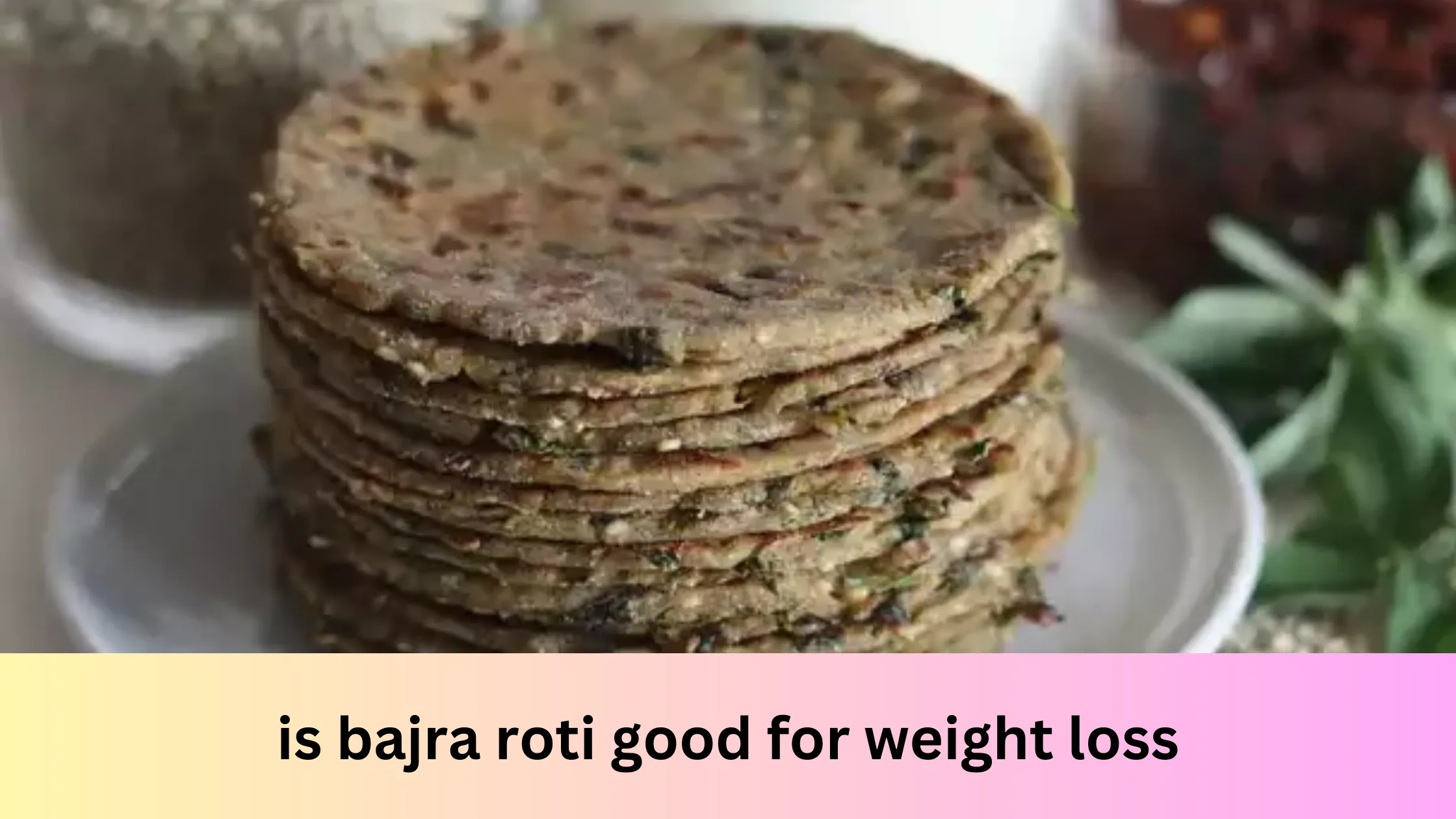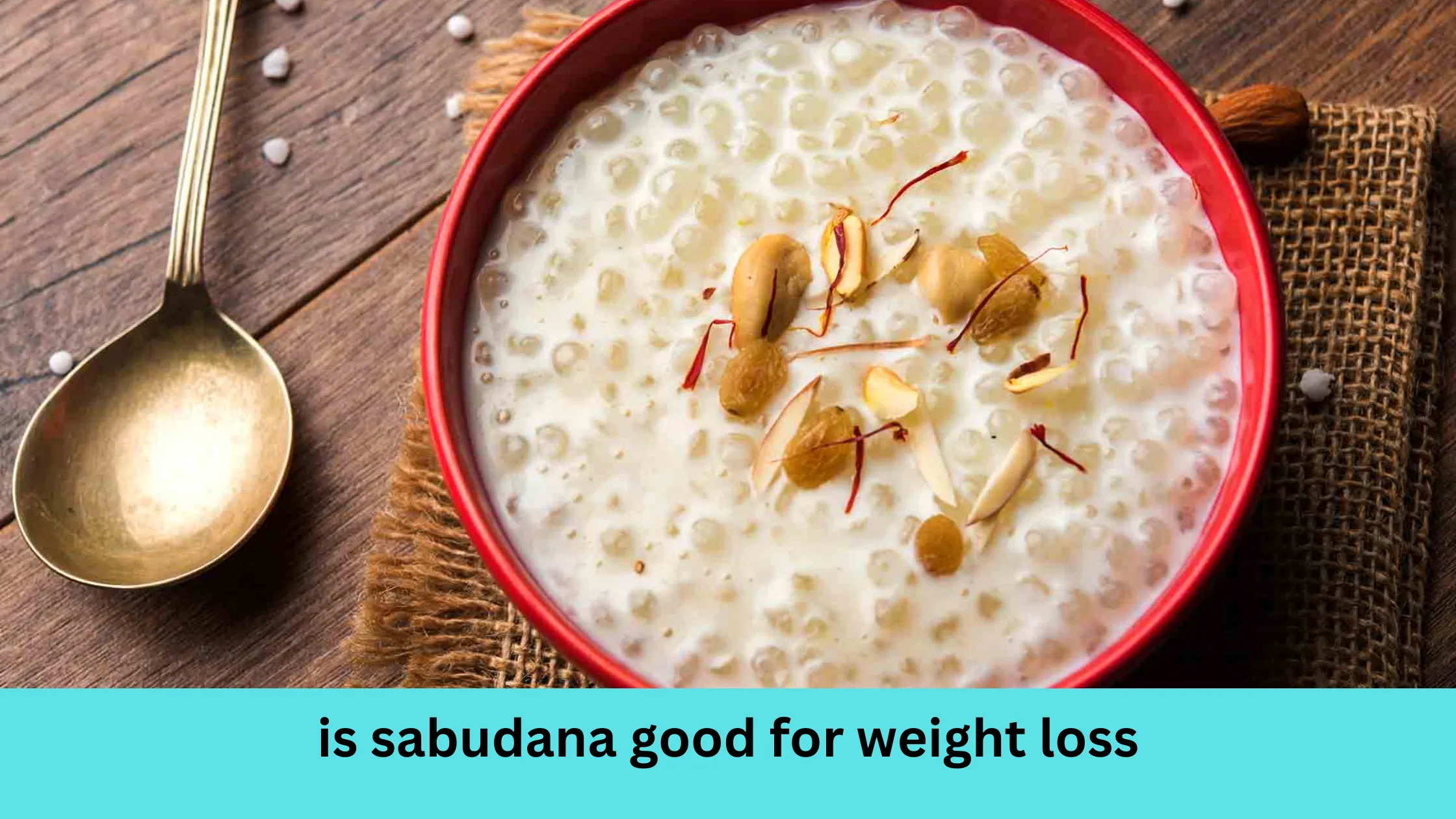Losing weight can feel like a big challenge, especially when you have a deadline like two weeks. But don’t worry! With the right plan, it’s possible to shed those extra 5 kgs in a healthy and sustainable way. This blog is here to guide you through an easy-to-follow Indian diet plan that doesn’t involve starving yourself or eating bland, boring food.
The beauty of this plan is that it’s built around Indian food staples—things you probably already have in your kitchen. From dal and sabzi to jeera water and poha, you can lose weight without giving up the flavors and dishes you love.
But remember, diet alone isn’t enough. Weight loss is a combination of eating the right food, moving your body, and making a few small lifestyle changes. This plan will show you how to combine all of these for the best results.
Why two weeks? It’s short enough to keep you motivated but long enough to see real changes. You’ll feel lighter, more energetic, and healthier by the end of this journey. Plus, this isn’t about quick fixes—it’s about setting the foundation for long-term, sustainable habits.
So, let’s dive in and get started on your 2-week journey to a healthier, happier you. By the time you’re done, not only will you feel great, but you’ll also have learned how to make better choices that you can stick to for life. Let’s get going.
Understanding Weight Loss
How Weight Loss Works
Losing weight isn’t magic; it’s a simple science. At its core, weight loss happens when you burn more calories than you consume. This is called being in a “calorie deficit.” Your body uses the food you eat as fuel for energy. If it doesn’t get enough energy from food, it starts using stored fat to keep you going. That’s how fat loss happens.
But here’s the catch—if you cut too many calories or skip meals, your body may go into “survival mode,” holding onto fat instead of burning it. So, the key is to eat the right amount of healthy foods to keep your body happy while creating a calorie deficit.
Why 2 Weeks?
Losing 5 kgs in 2 weeks sounds like a big goal, right? But it’s totally achievable if you follow the right plan. Here’s how it works:
- Water Weight Comes Off First:
When you start eating healthier and drinking more water, your body naturally flushes out excess water. This can lead to quick weight loss in the first few days. - A Healthy Calorie Deficit:
Losing around 0.5 kg to 1 kg per week is considered safe and healthy. With a focused diet and some exercise, you can aim for a bit more in the short term, like 2-2.5 kgs per week. - Breaking Bad Habits:
These two weeks are also about breaking old habits—like eating junk food, overeating, or being inactive. When you replace these habits with better ones, you’ll see results faster.
However, it’s important to remember that a large part of this weight loss might be water weight and not just fat. The more consistent you are, the more fat you’ll lose over time.
By understanding these basics, you’ll be ready to follow the 2-week plan with confidence. Weight loss doesn’t need to be overwhelming—it’s all about small, smart changes that add up to big results. Ready to dive into the plan? Let’s go!

Key Principles of the Indian Diet Plan
To lose 5 kgs in just 2 weeks, following some basic principles is very important. The goal is not just to eat less but to eat smart. Below are the key principles of the Indian diet plan that will help you lose weight while staying healthy.
1. Balanced Nutrition
When it comes to weight loss, the first rule is to eat balanced meals. This means you need to include all the major food groups in your diet—carbohydrates, proteins, and fats—along with essential vitamins and minerals.
Here’s how you can create balanced Indian meals:
- Proteins: Include dal (lentils), paneer (cottage cheese), eggs, curd, or tofu in your meals. Proteins keep you full longer and help burn calories during digestion.
- Healthy Carbs: Instead of cutting carbs completely, switch to healthier options like brown rice, whole wheat roti, or millets like ragi and bajra.
- Healthy Fats: Don’t fear fats! Use a small amount of ghee, coconut oil, or nuts. These are good for your body when taken in moderation.
- Vegetables and Fruits: Fill half your plate with veggies and include seasonal fruits in your snacks. These are rich in fiber, vitamins, and minerals that keep your energy high.
The key is to avoid processed and junk foods. Stick to natural and homemade dishes as much as possible.
2. Portion Control
Portion control is your best friend when trying to lose weight. Even healthy foods can add extra calories if you eat too much.
Here are some simple tips for portion control:
- Use a smaller plate for meals. This helps you feel satisfied with less food.
- Start your meal with salads or a glass of water. This prevents overeating.
- Avoid second helpings unless you’re truly hungry.
- Use your palm as a guide. For example, a serving of rice should be about the size of your fist, and protein (like paneer or chicken) should fit in your palm.
By practicing portion control, you’ll stay within your calorie limit without feeling deprived.
3. Hydration and Detox
Drinking enough water is often overlooked, but it’s a key part of any weight-loss plan. Water not only helps in digestion but also curbs hunger and prevents unnecessary snacking.
Here’s how you can stay hydrated:
- Start your day with a detox drink like warm lemon water, jeera (cumin) water, or methi (fenugreek) water. These drinks kickstart your metabolism and help flush out toxins.
- Drink 8-10 glasses of water throughout the day.
- Replace sugary drinks like sodas and packaged juices with healthier options like coconut water, green tea, or buttermilk.
Hydration keeps your body running smoothly and helps you feel energetic.
4. Mindful Eating
How you eat is just as important as what you eat. Many people tend to eat while watching TV or scrolling through their phones, which leads to overeating.
Here’s how you can practice mindful eating:
- Eat slowly and chew your food thoroughly. This helps your brain realize when you’re full.
- Avoid distractions while eating. Focus on your meal and enjoy the flavors.
- Stop eating as soon as you feel satisfied. Don’t wait until you’re stuffed.
Mindful eating not only helps you eat less but also makes meals more enjoyable.
By following these simple principles, you’ll be able to stick to the Indian diet plan easily and see results within two weeks. Remember, it’s not about starving yourself but about making smarter choices.
Also See: Bajra Roti and Weight Loss: Truth or Trend?
The 2-Week Indian Diet Plan
Losing 5 kgs in 2 weeks may sound challenging, but with the right plan, it’s achievable. Below is a simple and practical Indian diet plan that is easy to follow. The idea is to eat healthy, delicious, and nutritious meals while staying in a calorie deficit.
Daily Meal Breakdown
Here’s how your day should look:
1. Morning Detox Drink (6:30–7:00 AM)
Start your day with a detox drink to boost your metabolism and flush out toxins.
- Options:
- Warm water with half a lemon and a pinch of honey.
- Jeera (cumin) water: Soak a teaspoon of cumin seeds in water overnight, boil it in the morning, and drink.
- Methi (fenugreek) water: Soak a teaspoon of methi seeds overnight and drink the water in the morning.
Why? These drinks help kickstart your digestion and prepare your body for the day ahead.
2. Breakfast (8:00–9:00 AM)
Breakfast is the most important meal of the day. Choose something light yet filling to give you energy without overloading on calories.
- Options:
- Poha: Add veggies like peas, carrots, and capsicum for more fiber.
- Upma: A semolina-based dish cooked with vegetables and tempered with curry leaves.
- Oats: Make it savory with a dash of salt, vegetables, and spices, or sweet with fruits and a drizzle of honey.
- Idli with Sambhar: A light and healthy South Indian breakfast option.
Tip: Include some protein, like a boiled egg or a small bowl of curd, to keep you full longer.
3. Mid-Morning Snack (11:00 AM)
A small snack keeps your energy levels up and prevents overeating at lunch.
- Options:
- A handful of almonds or walnuts (unsalted).
- One seasonal fruit, like guava, papaya, or apple.
- A small bowl of sprouts with a pinch of salt and lime juice.
4. Lunch (1:00–2:00 PM)
Lunch should be wholesome and balanced, with a mix of carbs, protein, and fiber.
- Options:
- Dal, Roti, and Sabzi: A simple Indian lunch with one whole wheat roti, a bowl of dal (lentils), and a vegetable curry.
- Brown Rice with Vegetables: Switch to brown rice for better nutrition, and pair it with a curry or stir-fried vegetables.
- Khichdi: A light one-pot meal made with rice, lentils, and vegetables, spiced with turmeric and cumin.
Don’t forget to include a bowl of fresh salad (cucumber, tomato, and carrot) for added fiber and hydration.
5. Evening Snack (4:00–5:00 PM)
This snack will help you avoid evening cravings for unhealthy foods.
- Options:
- A cup of green tea or black coffee (without sugar) with roasted chana or makhana (fox nuts).
- A small bowl of fresh fruits.
- A slice of multigrain bread with peanut butter or a boiled egg.
6. Dinner (7:00–8:00 PM)
Keep dinner light and simple. Avoid heavy foods as your metabolism slows down at night.
- Options:
- Soup: A bowl of vegetable or chicken soup with a small portion of stir-fried veggies.
- Khichdi: Light and easy to digest, especially if you had a heavy lunch.
- Grilled Paneer or Chicken with Salad: Pair a small portion of protein with fresh veggies.
Avoid rice or heavy carbs at dinner to help your body burn fat overnight.
7. Before Bed (9:00–10:00 PM)
A small drink before bed can aid digestion and improve sleep quality.
- Options:
- Warm turmeric milk (haldi doodh): Add a pinch of turmeric to a glass of warm milk.
- Herbal tea like chamomile or mint.
Example Weekly Menu
Day 1
- Breakfast: Poha with vegetables.
- Lunch: Dal, sabzi, roti, and salad.
- Dinner: Vegetable soup with grilled paneer.
Day 2
- Breakfast: Oats with banana slices and honey.
- Lunch: Brown rice with vegetable curry.
- Dinner: Khichdi with cucumber raita.
Day 3
- Breakfast: Upma with green chutney.
- Lunch: Chicken curry, one roti, and salad.
- Dinner: Stir-fried veggies with a bowl of soup.
Repeat similar meals for the rest of the week, mixing and matching options to keep it interesting!
2-Week Indian Diet Plan for weight loss
| Day | Breakfast | Mid-Morning Snack | Lunch | Evening Snack | Dinner |
|---|---|---|---|---|---|
| Day 1 | Oats with fruits & nuts | 1 Apple or 1 Banana | Dal, roti, mixed vegetable sabzi, salad | Green tea + 5 almonds | Vegetable soup with a small portion of rice |
| Day 2 | Poha with peas & veggies | A handful of walnuts | Brown rice, dal, grilled chicken, salad | Roasted chana or sprouts | Khichdi with cucumber raita |
| Day 3 | Vegetable upma with low-fat curd | Papaya slices | Chapati, vegetable curry, cucumber salad | Green tea + 2 walnuts | Stir-fried vegetables + 1 roti |
| Day 4 | Idli with sambhar (without oil) | A handful of mixed nuts | Quinoa, dal, vegetable sabzi, salad | Fresh coconut water | Moong dal khichdi, yogurt |
| Day 5 | Sprout salad with lemon & cucumber | 1 Orange or 1 Guava | Lentil soup, chapati, sautéed spinach | Green tea + 1 small apple | Grilled fish or paneer with mixed veggies |
| Day 6 | Ragi porridge with a few nuts | 1 Pear | Chapati, aloo-gobhi, cucumber salad | 1 cup buttermilk | Vegetable pulao with curd |
| Day 7 | Moong dal chilla with tomato chutney | A handful of almonds | Brown rice, chicken curry, cucumber salad | Green tea + 1 boiled egg | Vegetable stir-fry with roti |
| Day 8 | Methi (fenugreek) paratha with curd | A handful of raisins | Chapati, chana masala, mixed veggies | Roasted sunflower seeds | Grilled tofu or cottage cheese with salad |
| Day 9 | Vegetable poha with peanuts | A small apple | Dal, chapati, sautéed broccoli | Fresh coconut water | Mixed lentil soup with steamed veggies |
| Day 10 | Whole wheat toast with boiled egg | A small handful of cashews | Brown rice, vegetable curry, salad | Green tea + 5 almonds | Simple vegetable khichdi |
| Day 11 | Dosa with sambar (no oil) | 1 Banana or 1 Apple | Chapati, dal fry, cucumber & tomato salad | Green tea + 1 boiled egg | Stir-fried tofu with vegetables |
| Day 12 | Moong dal pancakes with veggies | A handful of walnuts | Lentil soup, quinoa, mixed vegetables | Roasted chana | Soup with a side of sautéed spinach |
| Day 13 | Vegetable upma with low-fat curd | Papaya slices | Chapati, chole, vegetable sabzi | Green tea + 1 small orange | Grilled chicken with veggies |
| Day 14 | Oats with almond milk and fruits | A handful of almonds | Brown rice, dal, grilled fish, salad | 1 cup buttermilk | Cucumber and tomato salad with grilled paneer |
Tips for the 2-Week Diet Plan:
- Portion Control: Keep the portion size moderate. Avoid overeating at any meal.
- Drink Plenty of Water: Aim for at least 8 glasses of water daily to stay hydrated.
- Exercise: Incorporate at least 30 minutes of walking or yoga daily to enhance your weight loss.
- Avoid Sugary Beverages: Stick to water, green tea, or herbal teas.
- Choose Whole Grains: Opt for brown rice, quinoa, or whole wheat options over refined grains.
Tips for Success
- Stick to the portion sizes mentioned. Overeating healthy foods can still lead to weight gain.
- Avoid fried foods, sugary drinks, and snacks during these two weeks.
- Drink plenty of water throughout the day to stay hydrated and reduce hunger.
This 2-week Indian diet plan is simple, affordable, and effective. Stick to it with discipline, and you’ll see results soon!
Lifestyle Tips for Faster Results
Losing 5 kgs in 2 weeks isn’t just about eating right—it’s also about making small changes to your daily routine. Let’s look at some simple lifestyle tips that can help you get results faster.
1. Move Your Body: Exercise Routine
You don’t need to spend hours in the gym to lose weight. Even simple workouts can help burn calories and speed up weight loss.
- Start Your Day with Movement: Begin your morning with a 15-20 minute walk or a quick yoga session. This not only boosts your metabolism but also sets a positive tone for the day.
- Cardio is Key: Activities like brisk walking, jogging, cycling, or dancing can help you burn calories. Aim for at least 30 minutes of cardio daily.
- Add Strength Training: Don’t skip strength exercises like squats, lunges, or light weightlifting. Building muscle helps your body burn more calories, even when you’re resting.
- Stay Active Throughout the Day: Avoid sitting for long hours. Take short breaks to stretch, walk, or even do some quick spot jogging.
Remember, consistency is more important than intensity. Pick exercises you enjoy so you’ll stick to them.

2. Sleep Like a Baby: Get Enough Rest
Sleep is as important as diet and exercise when it comes to losing weight. If you’re not sleeping enough, your body may hold onto fat and make you feel hungrier.
- Get 7-8 Hours of Sleep: Try to go to bed and wake up at the same time every day. This helps your body stay in rhythm.
- Create a Bedtime Routine: Avoid screens (phones, laptops, etc.) an hour before bed. Instead, read a book, listen to soothing music, or practice deep breathing to relax.
- Sleep in a Dark Room: Use curtains to block out light, and make sure your room is quiet and comfortable.
When you sleep well, your body repairs itself, balances hormones, and boosts your metabolism—all of which help you lose weight.

3. Eat Smart: Avoid the Traps
Sometimes, we unknowingly eat things that stop us from losing weight. Here are some things to watch out for:
- Skip Processed Foods: Avoid chips, cookies, instant noodles, and other junk foods. These are high in calories and low in nutrition.
- Say No to Sugary Drinks: Sodas, packed juices, and sugary teas are full of empty calories. Instead, stick to water, coconut water, green tea, or fresh lime water.
- Cut Back on Salt: Too much salt can make your body hold water, making you feel bloated. Use spices like jeera, turmeric, or black pepper to add flavor instead.
- Manage Cravings: If you’re craving something sweet, go for fresh fruits like apples, oranges, or a handful of dates. For salty cravings, roasted nuts or makhanas are great options.
4. Stay Hydrated: Drink Water Like It’s Your Job
Water is your best friend when you’re trying to lose weight. It helps flush out toxins, keeps your metabolism running, and even makes you feel full.
- Start Your Day with Water: Have a glass of warm water with lemon or jeera first thing in the morning.
- Keep a Water Bottle Nearby: Sip water throughout the day to stay hydrated. Aim for 8-10 glasses daily.
- Try Detox Drinks: Infuse your water with cucumber, mint, ginger, or lemon for extra flavor and benefits.
Drinking enough water can also reduce hunger pangs, so you’re less likely to overeat.

5. Stay Positive: Manage Stress
Stress can make you eat more and hold onto fat. Here’s how to keep calm and stay focused:
- Practice Deep Breathing: Spend 5-10 minutes a day focusing on your breath to relax your mind.
- Take Breaks: If you’re feeling overwhelmed, step away and do something you enjoy—like listening to music or chatting with a friend.
- Don’t Be Too Hard on Yourself: If you have a cheat meal or miss a workout, it’s okay! Just get back on track the next day.
A positive mindset can go a long way in helping you achieve your goals.
By combining these lifestyle tips with the Indian diet plan, you’ll be setting yourself up for success. Remember, small changes add up over time. Stay consistent, stay active, and stay kind to yourself—you’ve got this!
Why This Indian Diet Works
The reason this Indian diet plan is so effective is that it’s simple, practical, and tailored to the way we eat every day. Let’s break it down into a few key reasons why it works so well for losing 5 kgs in just 2 weeks:
1. It’s Balanced and Nutritious
This diet isn’t about starving yourself or skipping meals. Instead, it focuses on giving your body the right mix of nutrients. Indian food naturally includes a good balance of proteins, carbs, and healthy fats. For example:
- Proteins from dal (lentils), paneer, curd, or sprouts help build muscle and keep you feeling full for longer.
- Healthy carbs from whole grains like brown rice, roti, or oats give you energy without causing sugar spikes.
- Good fats from nuts, seeds, or small amounts of ghee are important for your body to function properly.
By including all food groups in the right proportions, this diet keeps you nourished and prevents cravings.
2. Portion Control is Key
One of the biggest reasons people gain weight is eating more than their body needs. This diet emphasizes portion control. Instead of piling up food on your plate, you eat smaller amounts but frequently throughout the day. For example:
- Having a small bowl of dal or sabzi with one roti instead of two or three.
- Swapping heavy desserts with a piece of fruit or a small piece of jaggery (gur).
This way, you avoid overeating while still feeling satisfied.
3. It’s Easy to Follow and Culturally Relevant
Unlike fad diets that make you eat things like avocado toast or quinoa (which can be expensive or hard to find), this diet is rooted in the foods we already know and love. Items like poha, upma, dal, sabzi, and buttermilk are:
- Affordable and available in every Indian household.
- Easy to cook and full of flavor.
You don’t feel like you’re forcing yourself to eat “diet food.” Instead, you’re enjoying familiar meals, just in healthier portions and combinations.
4. It Includes Fat-Burning Foods
This Indian diet plan includes foods that naturally boost metabolism and help burn fat. Some examples are:
- Jeera (cumin) water: A great drink to start your day. It helps with digestion and reduces bloating.
- Green tea: Packed with antioxidants, it helps burn calories and gives you energy.
- Curd (yogurt): Improves gut health, which plays an important role in weight loss.
- Spices like turmeric and black pepper: These are known to reduce inflammation and improve metabolism.
These small additions to your diet can make a big difference over time.
5. It’s Sustainable and Not Restrictive
The best part about this diet is that it doesn’t feel like a punishment. You’re not cutting out entire food groups or forcing yourself to eat bland food. You can still enjoy your favorite flavors and spices while making small changes:
- Replacing fried snacks with roasted or steamed options.
- Eating fruits instead of sugary sweets.
- Choosing whole grains over refined ones.
Because it’s realistic and not overly restrictive, you’re more likely to stick to it—and consistency is the secret to losing weight.
6. It Works with Your Body, Not Against It
Crash diets often fail because they shock your body, leading to fatigue and even weight gain once you stop. This Indian diet works with your body’s natural rhythm by:
- Eating light dinners to allow your body to rest and digest properly.
- Staying hydrated to flush out toxins and reduce bloating.
- Including fiber-rich foods like vegetables and whole grains, which keep your digestion smooth and prevent overeating.
By nourishing your body rather than depriving it, you create long-term healthy habits.
In summary, this diet works because it’s balanced, easy to follow, and designed for real people with real lives. It focuses on making small, manageable changes that lead to big results. By the end of two weeks, you’ll not only see the number on the scale drop but also feel lighter, healthier, and more energetic.
Stick with it, and you’ll realize this isn’t just a “diet”—it’s a lifestyle you can carry forward for long-term health and happiness!
Read Also: Rava Upma: A Delicious and Weight-Loss-Friendly Option?
Success Stories and Motivation
When you start your weight loss journey, it’s natural to wonder if the diet will work for you. Let’s look at how some people have had success with a similar approach and take away some inspiration to stay motivated.
Success Story 1: Priya’s 2-Week Transformation
Priya, a 32-year-old working mom from Delhi, struggled with weight gain after her second child. She found it hard to follow complicated diets, so she tried a simple Indian diet plan for 2 weeks. Priya started her mornings with warm jeera water, ate a hearty breakfast of poha or upma, and kept her dinners light with soup or dal and veggies.
In just 2 weeks, Priya noticed that her clothes fit better, and she felt lighter. She managed to lose 4.5 kgs by sticking to the diet and walking for 30 minutes daily. Priya says, “The best part of this diet was that I didn’t feel hungry or deprived. It’s all about eating the right food in the right amount.”
Success Story 2: Rahul’s Journey to Fitness
Rahul, a 27-year-old IT professional from Bangalore, wanted to lose weight but found himself snacking on chips and sweets during long work hours. He committed to a 2-week plan that focused on homemade Indian meals, swapped junk food for fruits and nuts, and stayed hydrated with lemon water throughout the day.
Rahul combined the diet with 20 minutes of yoga in the mornings. After two weeks, he not only lost 5 kgs but also felt more energetic and focused at work. Rahul says, “This diet taught me that small changes can lead to big results. I still enjoy my favorite foods, but I’ve learned how to balance them.”
Why These Stories Matter
These success stories prove that with consistency and dedication, you can see real results. What worked for Priya and Rahul wasn’t about starving themselves or following a fancy diet. They made simple, realistic changes that fit into their daily routines.
Motivation to Keep You Going
- Focus on Small Wins
Don’t get discouraged if you don’t see a 5 kg weight loss in exactly 14 days. Every step you take towards a healthier lifestyle matters. Maybe your jeans fit a little better, or your energy levels are higher. Celebrate those small wins! - Remember Your Why
Think about why you want to lose weight. Is it to feel more confident? To improve your health? Keep that goal in mind whenever you feel like giving up. - It’s Not Just About the Scale
Weight loss is more than a number. You might notice your skin glowing, your mood improving, or your digestion getting better. These are signs that your body is benefiting from your efforts, even if the scale doesn’t show a big drop right away. - Be Kind to Yourself
If you slip up and eat something unhealthy, don’t beat yourself up. It’s okay! Just get back on track with your next meal. Progress, not perfection, is the key. - Find Support
Share your journey with a friend or family member. You’ll feel more motivated when someone cheers you on or even joins you in the plan.
A Final Word
Success isn’t about following a perfect diet. It’s about staying consistent and making healthier choices every day. Priya and Rahul achieved their goals because they stayed disciplined, but they also allowed themselves to enjoy the process.
You can do this too. Start small, take one day at a time, and believe in yourself. Imagine how amazing you’ll feel at the end of 2 weeks!
Take this as your sign to begin. Your journey to a fitter, healthier you starts today—one meal, one step, and one choice at a time. Keep going, and don’t stop until you see the results you deserve!
Conclusion
Losing 5 kgs in 2 weeks may feel like a big goal, but with the right plan, it’s absolutely achievable. This Indian diet plan is designed to help you shed weight while still enjoying wholesome, flavorful meals that fit into your everyday life. By following the meal suggestions, controlling your portions, and making small but consistent lifestyle changes, you can see real results.
Remember, the key to success is not about starving yourself or following extreme measures. It’s about eating balanced meals, staying active, drinking plenty of water, and keeping a positive mindset throughout the process. Weight loss is not just about the number on the scale; it’s also about feeling healthier, lighter, and more confident in your own skin.
However, keep in mind that everyone’s body is different. Some people might see faster results, while others might take a little longer. That’s okay! Focus on staying consistent and don’t be discouraged if you don’t lose exactly 5 kgs. Even small progress is still progress, and every step you take toward a healthier lifestyle matters.
Finally, make this plan a starting point for long-term healthy habits. Once you see the results, don’t go back to unhealthy eating or sedentary habits. Continue eating balanced meals, exercising regularly, and prioritizing your well-being. This isn’t just a 2-week journey; it’s the beginning of a healthier you.
So, are you ready to take the first step? Start today, follow the plan, and trust the process. The results will be worth it. Remember, every small effort you make today brings you closer to the healthier and fitter version of yourself. You’ve got this!

My name is Seema. I am 25 years old. I have been blogging for 2 years. I love to talk about weight loss or I am also interested in this topic. I am a professional content writer. I want to share information about weight loss through my blog. Thank you.




